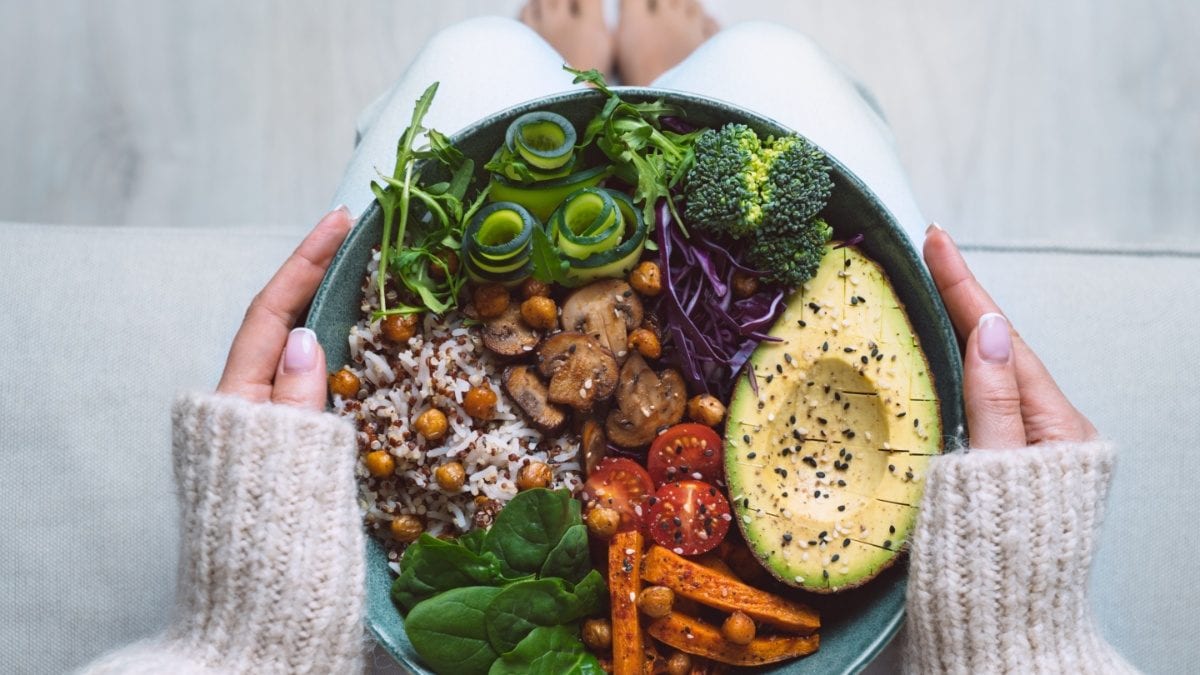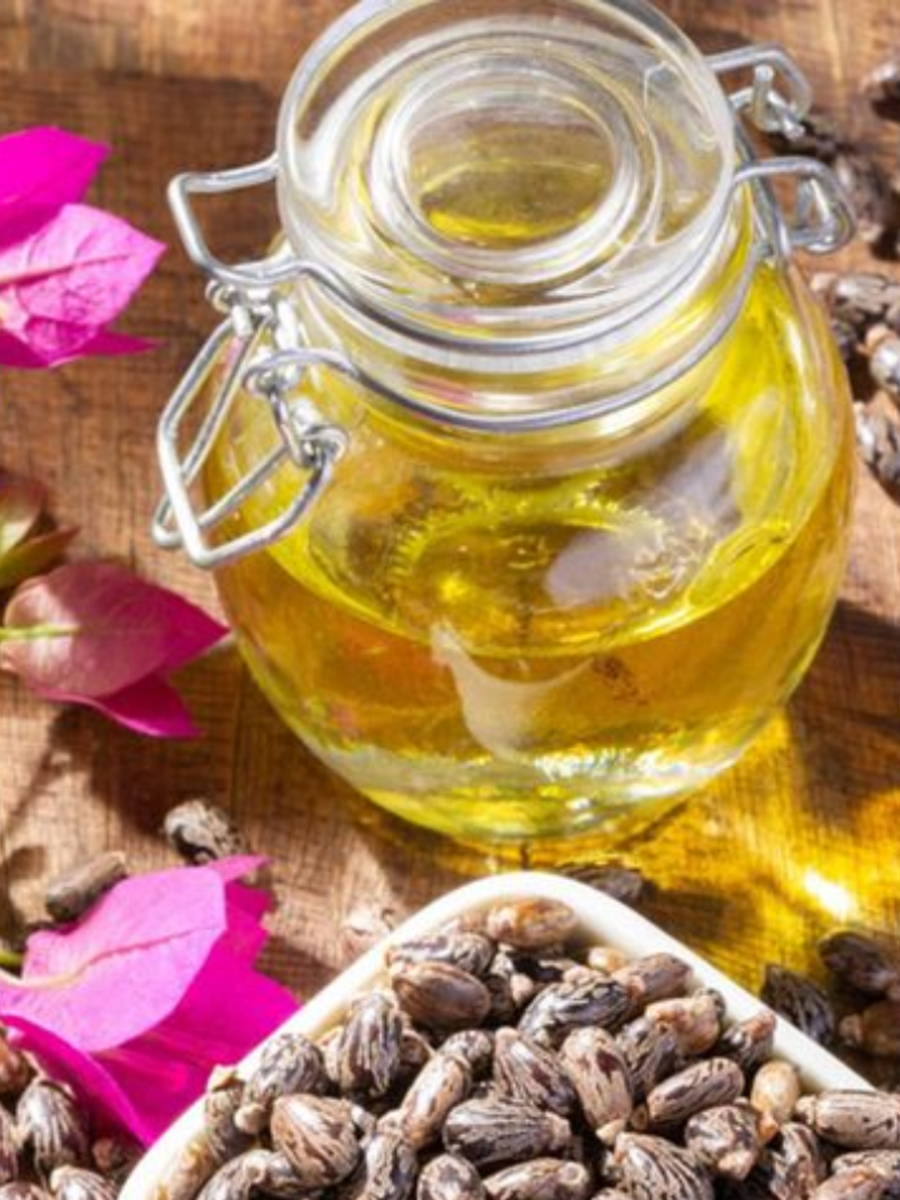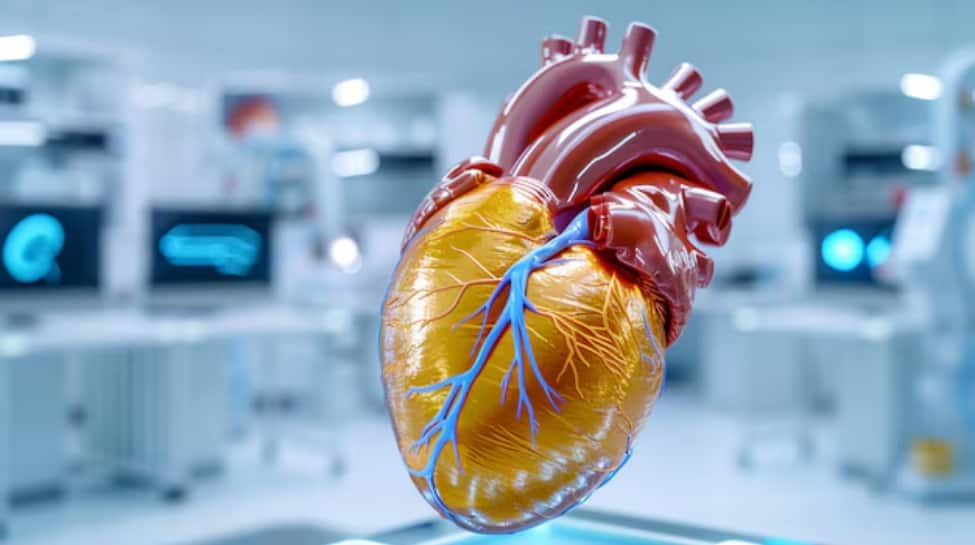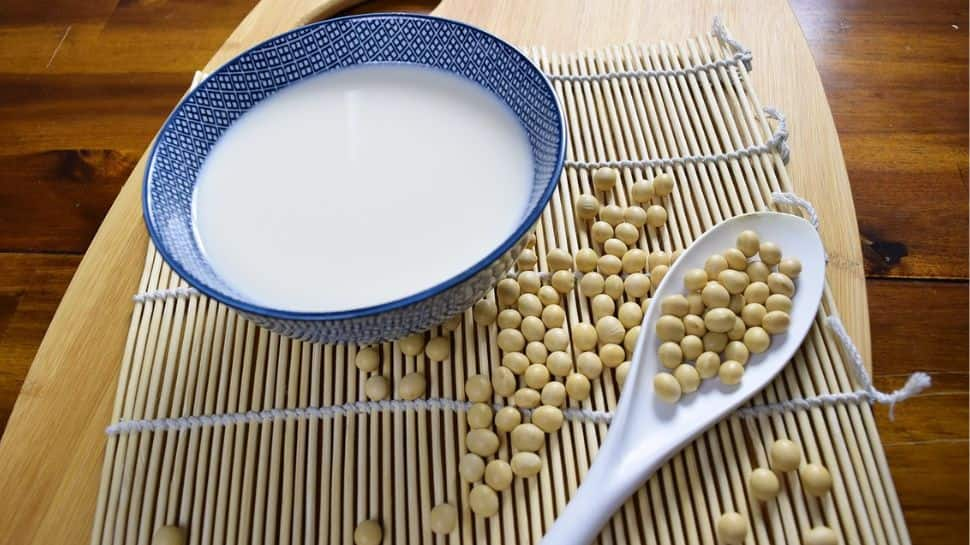By Ruchii Sharma
Our bodies need protein to stay healthy and work the way they should. More than 10,000 types are found in every body part, from your organs to your muscles and tissues to your bones, skin, and hair. Protein is also a critical part of the processes that fuel your energy and carry oxygen throughout your body in your blood. It also helps make antibodies that fight off infections and illnesses and helps keep cells healthy and create new ones. In addition, protein-rich diets promote muscle strength, satiety, and weight loss.
When one thinks of protein, steak, eggs, or chicken might come to mind. But if you are a vegetarian, then in that case, you have to work a little harder to get the recommended amount of protein that your body needs. A common concern about vegetarian diets is that they might lack sufficient protein. However, if a vegetarian diet is well-planned, it can provide you with all the nutrients you need.
1. Soy Products
Tofu, tempeh, and edamame originate from soybeans. Soybeans are considered a complete source of protein, providing your body with all the essential amino acids it needs. Edamame is immature soybeans with a sweet and slightly grassy taste. They need to be steamed or boiled before you eat them. Tofu is made from bean curds pressed together in a process similar to cheesemaking. Meanwhile, tempeh is made by cooking and slightly fermenting mature soybeans, then pressing them into a block. Both Tofu and tempeh can be used in various recipes, ranging from burgers to soups, stews, curries, and chilis.
2. Dairy Products
Dairy foods contain two significant forms of protein: Whey and casein. Eighty per cent of milk’s protein content comes from casein, and the remaining 20% is whey. Not only are dairy foods like milk, cheese, and yogurt excellent protein sources, but they also contain valuable calcium. Many are fortified with vitamin D. Choose skim or low-fat dairy to keep bones and teeth strong and help prevent osteoporosis.
3. Seitan
Seitan is a good protein source for many vegetarians and vegans. It’s made from gluten, the main protein in wheat. Also known as wheat meat or wheat gluten, it contains about 25 grams of protein per 100 grams, making it one of the richest plant protein sources.
You can also make your version with vital wheat gluten.
Also read: Vitamin B12 Deficiency – 5 Symptoms, Warning Signs And Food To Eat – In Pics
4. Nutritional Yeast
Nutritional yeast is a deactivated strain of Saccharomyces cerevisiae yeast sold commercially as yellow powder or flakes. Its cheesy flavor makes it a popular ingredient in dishes like mashed potatoes and scrambled tofu. About 15 grams of this complete source of plant protein provides 8 grams of protein and 3 grams of fiber.
5. Moong Dal Sprouts
Moong dal sprouts are called wonder food due to their rich nutrient and variety of benefits. They are low in calories, have fiber and Vitamin B, and deliver a boost of vitamins C and K; these reasons are enough to qualify them as super healthy for our diet. Globulin and Albumin are the main storage proteins, making up over 85 per cent of the amino acids found in moong dal sprouts.
(Disclaimer: Ruchii Sharma is a nutitionist at Fast&Up. The views expressed in this article are those of the author, Zee News doesn’t confirm it.)















































